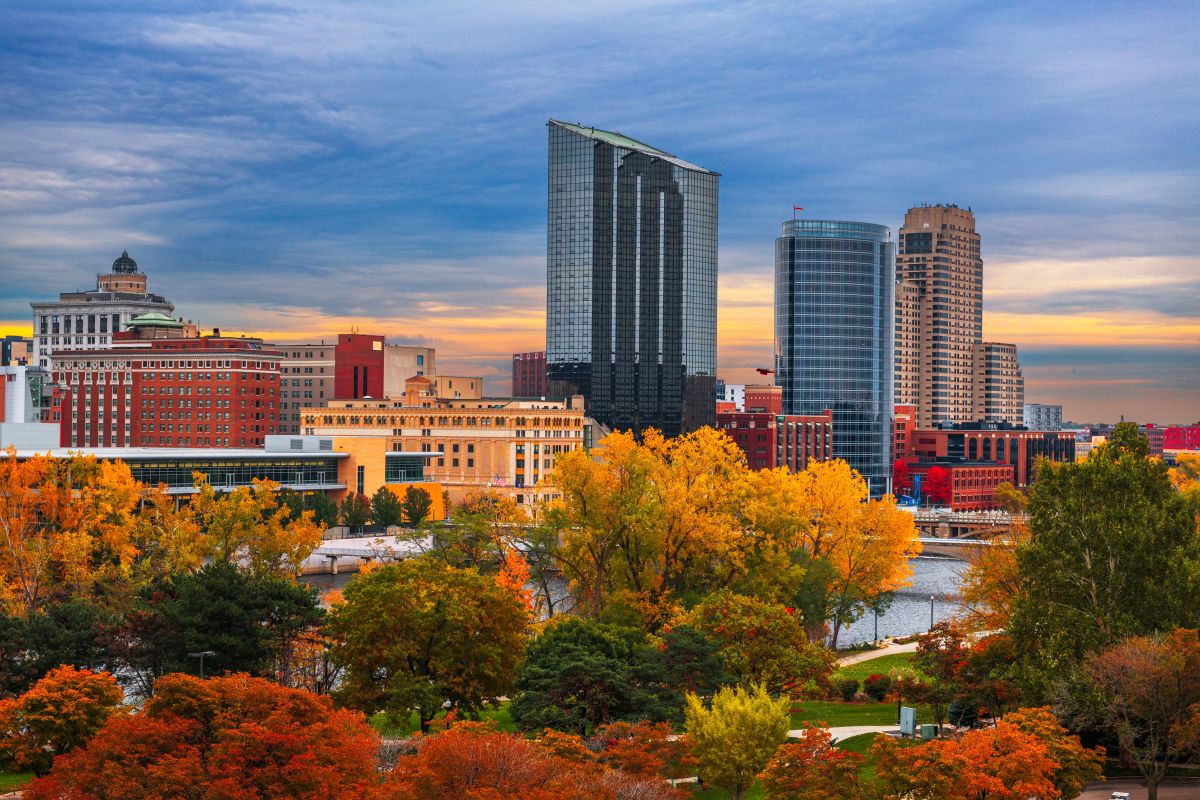Mold Mitigation in Grand Rapids
Get help with your mold mitigation needs. Fill out the form above and we will connect you with local pros in your area. Mold mitigation is a crucial process that helps in the removal and prevention of mold growth within a property. Mold mitigation is highly beneficial for various reasons. Firstly, it helps to improve indoor air quality, as mold spores can cause respiratory issues and allergies. By eliminating mold, the risk of these health problems is significantly reduced. Secondly, mold mitigation helps to protect the structural integrity of a building. Mold growth can weaken materials such as wood and drywall, leading to potential structural damage over time. Additionally, mold mitigation can prevent further spread of mold, as it can easily grow and reproduce if left untreated. Lastly, mold mitigation helps to create a clean and healthy living environment, enhancing overall comfort and well-being. Regular mold mitigation can ensure a mold-free space, promoting a safer and more enjoyable living or working environment.
Mold mitigation refers to the process of addressing and managing mold issues within a given space. It involves the identification, containment, and removal of mold growth, as well as the implementation of preventive measures to minimize future occurrences. Mold mitigation professionals are skilled in assessing the extent of mold damage, identifying the root causes of mold growth, and employing effective remediation techniques. With their expertise, they ensure that mold is safely and efficiently eliminated, restoring the affected area to a clean and healthy state. Proper mold mitigation is crucial for maintaining indoor air quality and preventing potential health hazards associated with mold exposure.
Mold mitigation refers to the process of addressing and managing mold issues within a given space. It involves the identification, containment, and removal of mold growth, as well as the implementation of preventive measures to minimize future occurrences. Mold mitigation professionals are skilled in assessing the extent of mold damage, identifying the root causes of mold growth, and employing effective remediation techniques. With their expertise, they ensure that mold is safely and efficiently eliminated, restoring the affected area to a clean and healthy state. Proper mold mitigation is crucial for maintaining indoor air quality and preventing potential health hazards associated with mold exposure.

